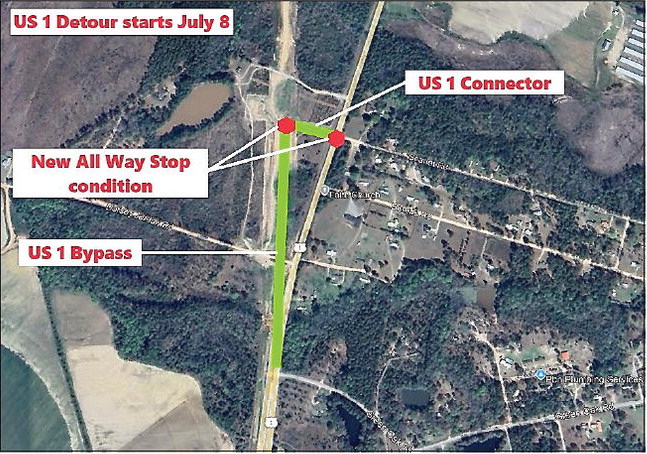How Georgia plans to spend $600 million in federal funds to support people with disabilities and the elderly
Georgia will now have until 2025 to spend almost $600 million in federal pandemic relief the state was awarded for services that help people with disabilities and the elderly live at home instead of in institutions.
Funds for home- and community-based services from the American Rescue Plan Act (ARPA) President Joe Biden signed into law in March of last year initially were to be spent by 2024. States will now have until 2025 to spend the money.
“Everyone deserves the dignity to live in their own homes and communities,” U.S. Health and Human Services Secretary Xavier Becerra said last week. The vast majority of the $586 million in federal funds awarded to Georgia will be split between two initiatives. The state will use almost half of the funds $286 million – to increase pay for home health and direct support workers. In some cases, it will increase reimbursement rates, and in others it will provide temporary pay increases.
“The impacts of COVID- 19 were substantial, which resulted in a significant reduction in the direct care workforce,” Georgia's Department of Community Health (DCH) said in its proposal to the federal government. Increasing pay will help Georgia address the workforce shortage, the proposal said. Another large portion of the money – around $206 million – will go to expanding technology in home and communitybased care settings. The goal is to allow members to use telehealth to interact with health care providers and case managers. Some of those technology funds are also slated to expand the use of assistive technology devices to promote independence for people living with disabilities and the elderly. Examples of assistive technology include text-to-speech devices, magnifiers, braille readers, pointing devices, and mobility devices. The third largest line item – $54 million – will provide in-home behavioral aides for youth with autism. The state says this will help reduce the number of young people with autism admitted to psychiatric treatment facilities. Another $27 million will go toward collaborating with Georgia’s technical colleges to recruit and train more certified nursing assistants (CNAs).
The state will spend an additional $4 million for a supported employment pilot program to help people with disabilities transition from school to the workforce.
The increases in pay rates for care workers are one important step toward helping more Georgians live where they'd like to live, said Maria Pinkelton, public relations director for the Georgia Council on Developmental Disabilities (GCDD).
Georgians with disabilities also need an increase in the number of the Medicaid waivers that support people with disabilities living in the community, more affordable and accessible housing, and more competitive and integrated job opportunities, Pinkelton said.
In 2020, more than 7,000 Georgians with intellectual or developmental disabilities were waiting for Medicaid waivers that would allow them to get home- or communitybased services, according to the Kaiser Family Foundation.
This story is available through a news partnership with Capitol Beat News Service, a project of the Georgia Press Educational Foundation.





